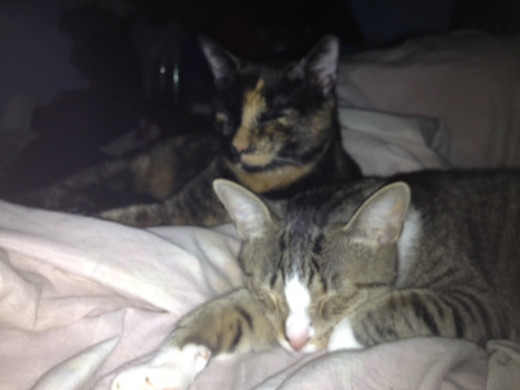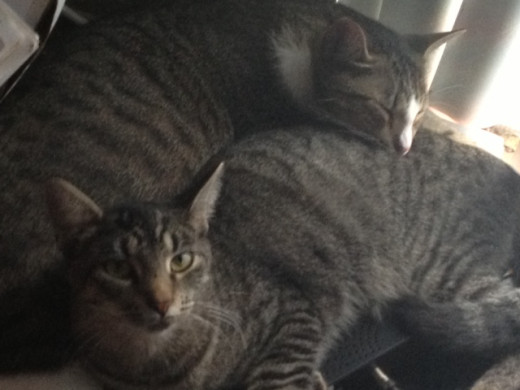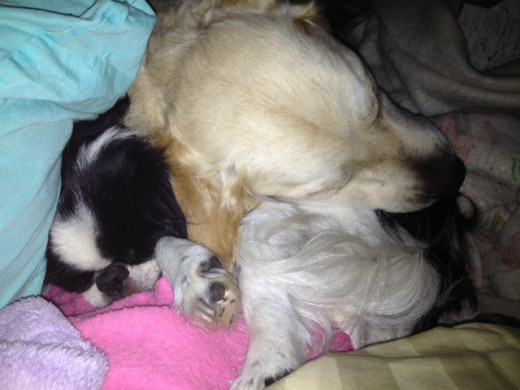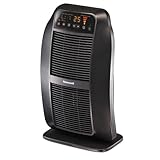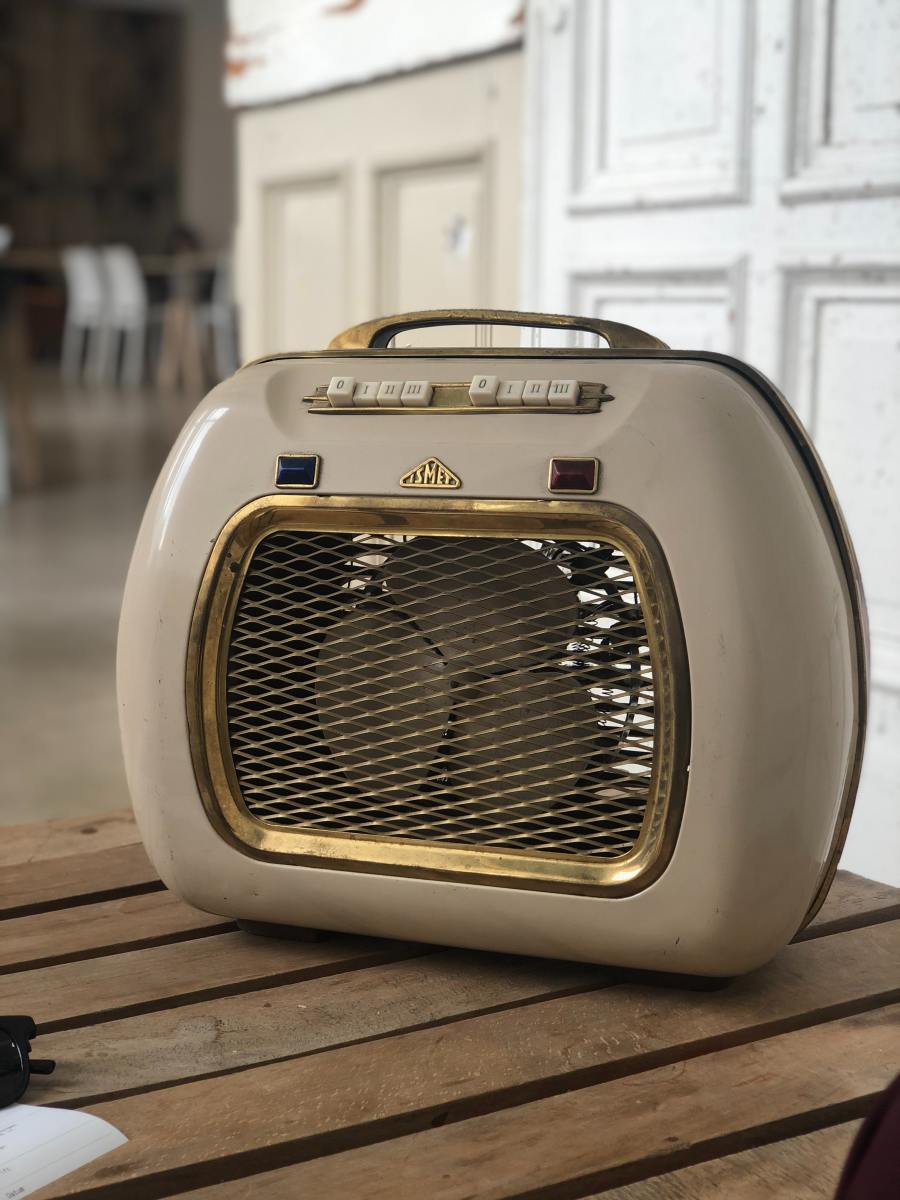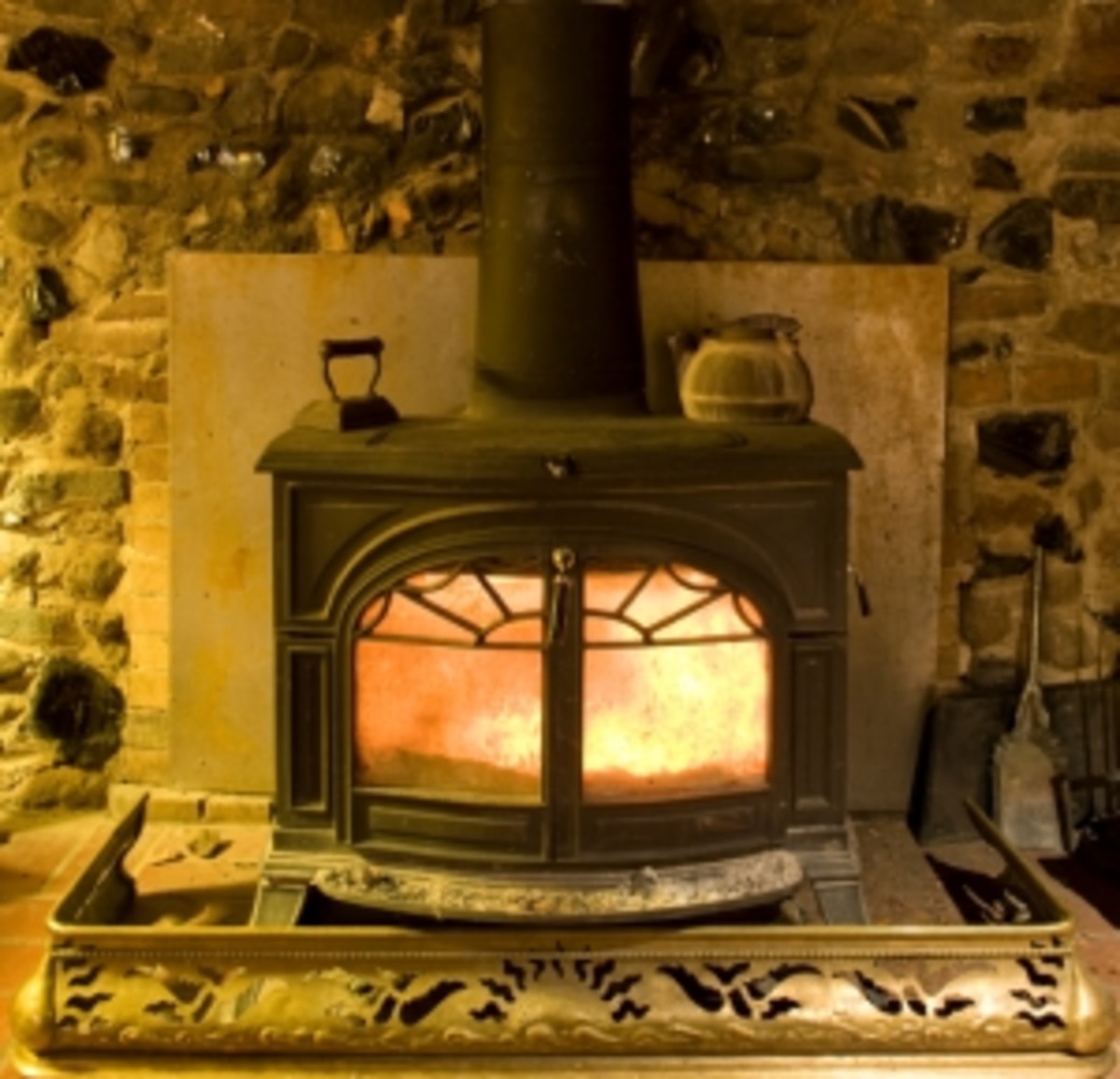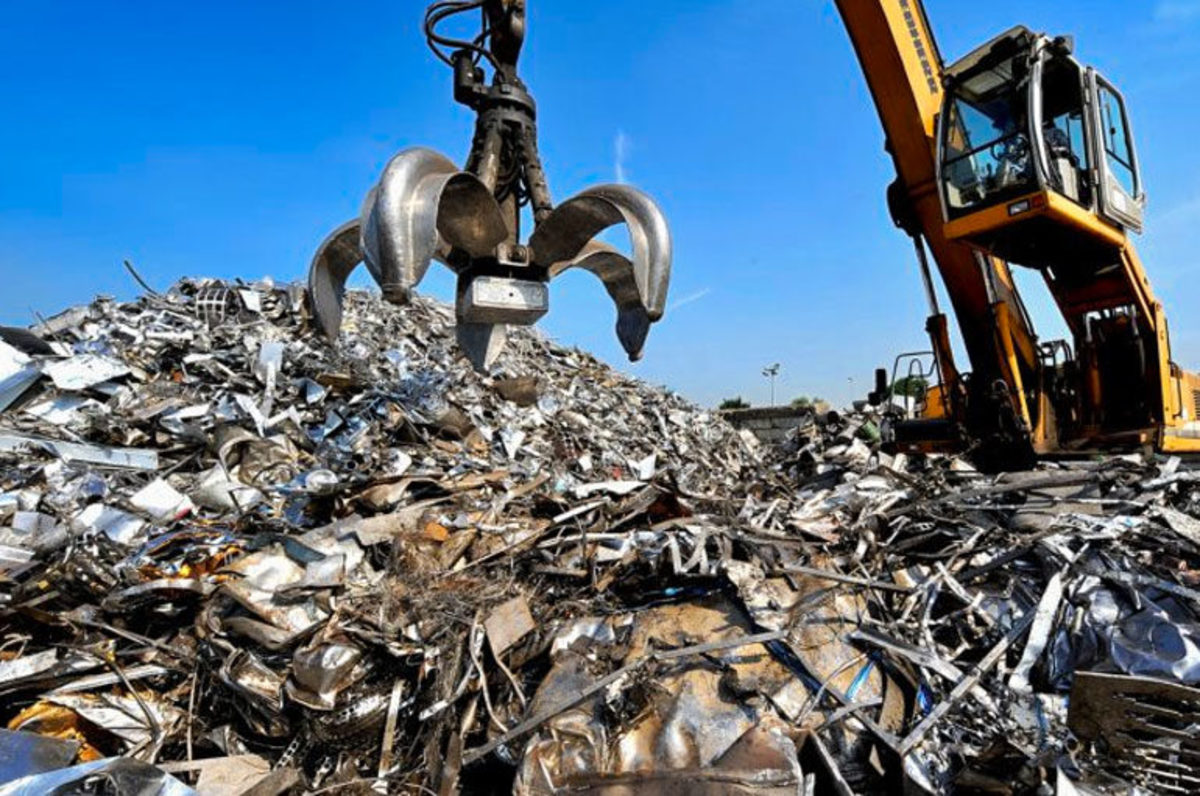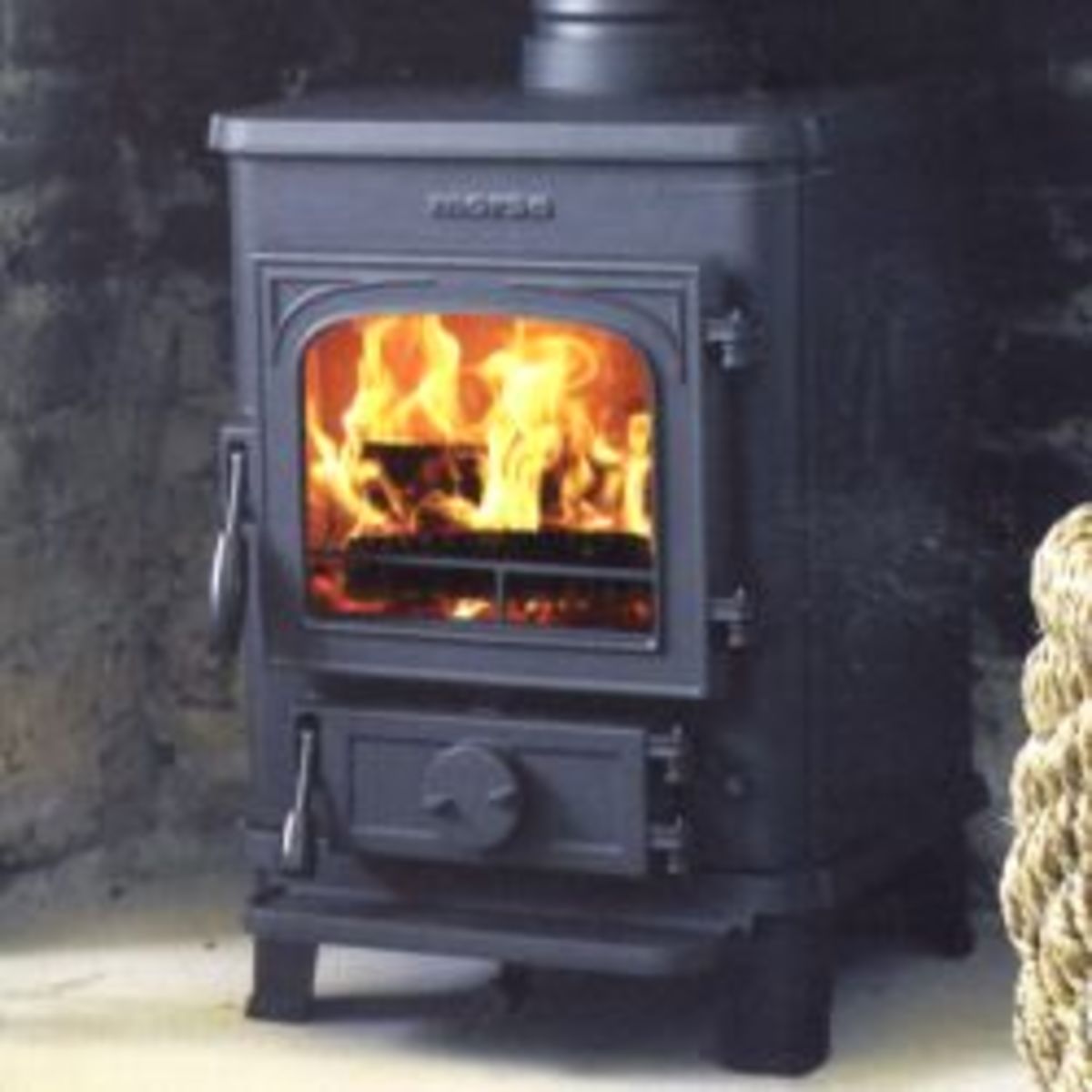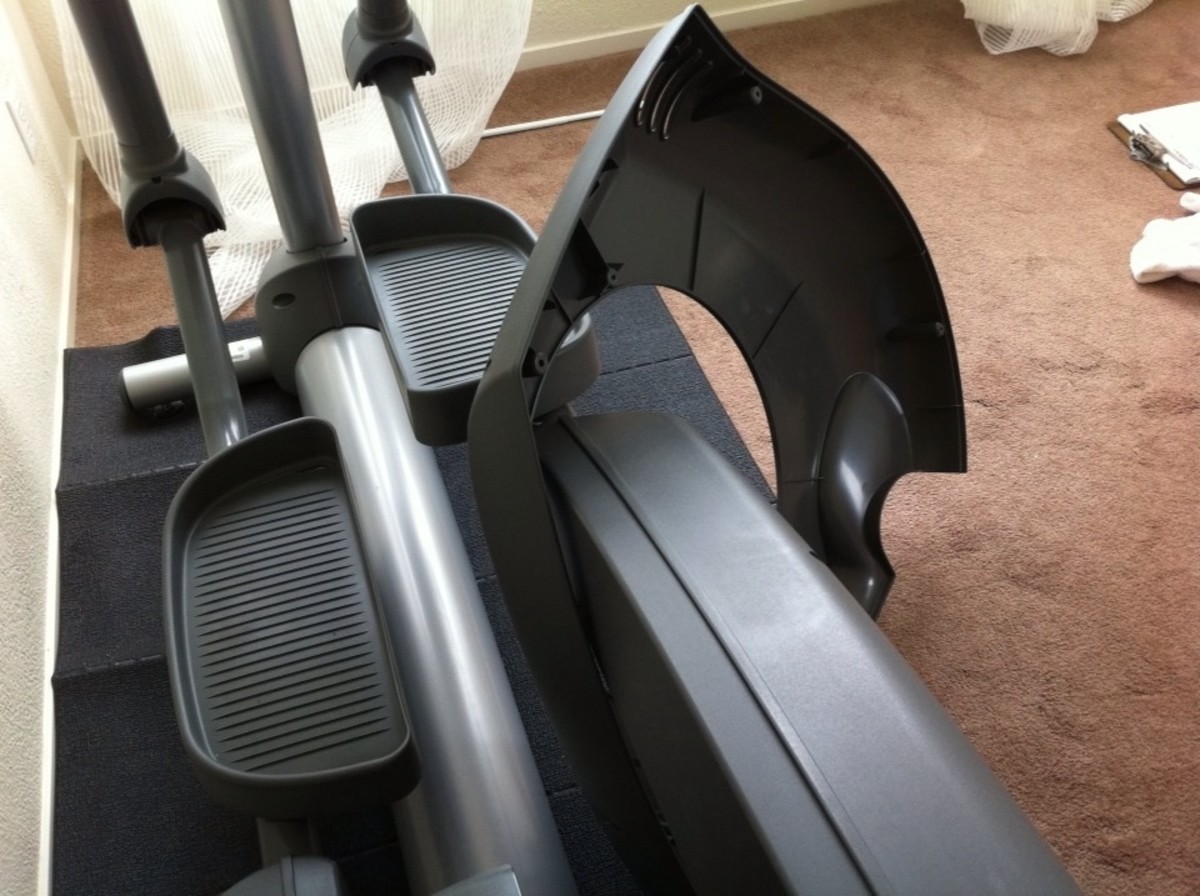Safety of Using Heaters When Your House Has No Heat
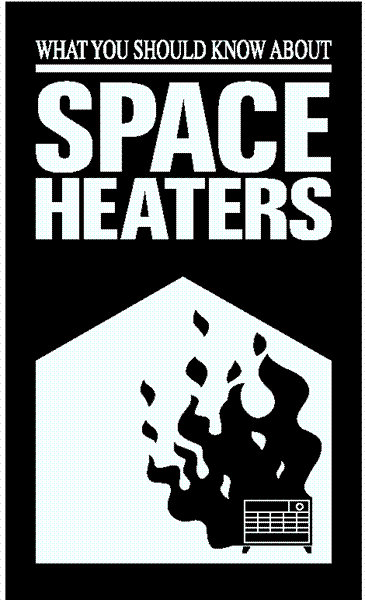
The Need for Portable Heaters
As winter approaches and the temperatures drop, people seek warmth in the shelter of their home. But sometimes, due to natural disasters or power outages, it is not possible to have the conveniences of heat or hot water.
As I write this, I am dealing with the aftermath of super storm Sandy, which occurred over four weeks ago. Sandy was a hurricane of mass proportions that hit the New York and New Jersey region very hard on October 29, 2012. Sandy caused many people to lose their homes. Thousands of others, like me and my family are living in homes, that although damaged from the storm, and considered uninhabitable by FEMA, are still being in lived because the hotels are filled by people who were made homeless by the storm. There is no heat or hot water in many homes. There was tremendous flooding in the area and in addition to many other hardships, the saltwater ruined boilers and hot water heaters in thousands of houses across the area. Due to the huge number of people affected, there are a shortage of boilers and hot water heaters and many people, although they have electricity, do not have the ability to stay warm in their homes, take hot showers, wash their clothes, run their dishwashers, or exist comfortably, as the winter weather approaches.
The temperatures in the New York area in late November, early December can be very cold, ranging from about 28 degrees Fahrenheit to about 44 degrees Fahrenheit.. There are many ways to stay warm, and as the weather gets colder, many people turn to heaters to keep warm. There are many reasons people may not have heat in the home in colder weather. As people look for warmth, portable heaters may be a choice, but it is important to educate yourself about the safety and proper use of electric or gas heaters.
Understand the Safety Aspects of Heaters
Space heaters, although they have the appeal of warmth, may not be the safest choice to get warm.
The disadvantages of space heaters:
- not very cost efficient
- fire hazard
- safety hazard
Due to the increased risk of human error when using space heaters, there is a very great risk of causing a fire. Many people leave the heaters too close to combustible products, or do not use and maintain the heaters properly.
When using a space heater, it is very important to understand and have full knowledge about the product and what you are doing to keep safety as the top consideration. According to the United States Consumer Product Safety Commission, there are approximately over 25,000 fires in homes each year resulting from the use of space heaters. Hundreds of people die. Thousands more are injured from improper use and from coming in contact with the hot surfaces of these units, even in non fire situations.
Gas and Electric Heaters
Types of Heaters:
Electric heaters use electrical energy and convert it into heat. Electric heaters require no venting, and can easily be plugged into an outlet. They are a safer alternative to gas powered heaters. But they do need electricity to run. They are more expensive to use. Electric portable heaters take longer to warm up.
- Electric heaters use either convention or radiant heat.
Convection heaters are more energy efficient when you are looking to heat a larger area over a short period of time. These types of heaters work best in rooms where the door is closed. Convection heat works by heating liquid such as oil in a sealed compartment with an electric heating element. A fan or other circulating unit blows the heat into the room.
Radiant heaters direct infrared heat rays that generate warmth through reflective heat and halogen bulbs. Radiant heat has no moving parts, is quieter than convection heaters and doesn't need to heat with air movement. It also runs more energy efficient, but takes longer to warm up a room.
A ceramic heater is a convection heater with a ceramic disc that sits within the body of the heater. This allows the heater to feel cool to the touch to avoid the risk of being burned, and reduces the risk of fire.
Panel heaters are a combination of radiant and convection heat. They are a newer technology. Panel heaters warm up a room very quickly using a combination of the two types of heating units. They are also known as micathermic heaters and can often be mounted on walls.
Gas heaters create heat through the use of fuels that burn kerosene, propane, butane, or natural gas. They come vented and unvented. Unvented are never recommended inside a house. Vented gas heaters are made to be permanently fixed to an outside wall. Gas heaters run at a lower cost. They can be used even if you have power outages. Gas heaters are more portable and they heat up quicker than electric heaters. Gas heaters need good ventilation, and must only be used in open areas, never inside the house. Gas heaters can be noisier than electric heaters and are ideal for areas like a garage. Gas heaters can cause carbon monoxide poisoning. Gas heaters are not as highly recommended for indoor use, especially for temporary heating conditions.
Picking the Right Size Heater for Your Room
Picking the right size heater for the room is very important. Too big a heater will increase your utility bills. Too small a heater will overheat if the area they are working in is too large.
Although there is no exact way to calculate the appropriate heater, here are some rough guidelines to pick the right heater for your room size.
- Calculate the BTU’s the heater generates. Look at what the wattage of the heater. Multiply the wattage times 3.41. Most heaters will be 5120.
- Determine the temperature difference in the room. Take the current temperature of the room and subtract that from the temperature you want the room to be.
- Figure out the number of BTU’s needed for the room size. Multiply the square footage of the area by the temperature difference in the room.
- If the BTU of the heater is higher than the number you get from the BTU’s needed for the room, the heater is probably the right choice.
Do You Know?
view quiz statistics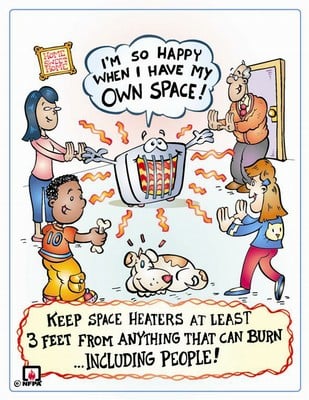
Safety Features of Heaters
Careless or improper use of heaters can be dangerous. No matter which heater you choose, read the instructions carefully and use precautions. Only buy portable heaters that are certified by a nationally recognized testing lab. Underwriters Laboratories, with the UL rating are often seen in the United States.
CSA (Canadian Standards Association), CE: Conformance European (Communauté Européenne or Conformité Européenne) ETL (Intertek), and more in other countries are certified tested and met the laboratory rigorous standards.
Extension cords should never be used with heaters because they are not capable of handling the 1,500 watts that heaters often use. If you must use an extension cord make sure it is rated as a 14 gauge, because they are usually rated for over 1,500 watts.
There are several important safety features that are important to look for when purchasing a portable heater:
- a heater that shuts off automatically when it is tipped over.
- a sensor that detects if the unit is overheating and it shuts itself off.
- flame resistant casing and motors that are thermally protected from fire.
- heaters that are liquid filled are safer than those that have heating elements that are exposed.
Safety precautions you can take:
- Turn heaters off when you are not home and when you are not in the room.
- Never use heaters in a bathroom, laundry room, or other moist areas, unless they are designed for that use and keep heaters away from bathtubs and other areas that have water.
- Keep the heater away from combustible surfaces, by at least three feet.
- Only use kerosene, gas, or propane heaters in well ventilated areas.
- Choose heaters with outer grill openings that have narrow spaces so that paws and fingers can not fit in between.
- Make sure you have a smoke detector and carbon monoxide detector and they are working well.
- It is best to use a heater with a polarized plug to help reduce the risk of shock.
- Never put the electric cord of the heater under carpeting, runner, or a rug.
- Keep the electric cord out of the way so people do not trip on it.
- Plug the unit into its own circuit. It is better not to plug the heater into a circuit that is using other appliances that are working at the same time the heater is on.
- Make sure the heater is sitting on a flat and level surface that has no obstructions.
- Keep the heater about three feet away from everything else in the room.
It is also a good idea to review your insurance policy on your home or rental unit.Some insurance companies will not cover a fire that is accidentally caused by a portable heater.
If your heater shuts off automatically, it may be using a safety feature to prevent it from overheating. Sometimes a heater shuts off because it became unplugged accidentally, so check that it is plugged in and that the outlet is working. Sometimes the heater may shut off because it reached a preset desired temperature setting. A heater may also turn off because there may be an obstruction that is preventing it from working. If you find obstructions, turn the heater off and unplug it. Let the heater cool down for a while and then take away whatever is blocking it. Wait about ten minutes, then plug it in again.
Other Convenience Features of Heaters
Heaters have different features for convenience. One such feature is a programmable thermostat. This let you program the temperature in the room to make it as comfortable as possible by automatically turning itself on and off to maintain the desired heat in the area you are warming up. Some heaters have a timer that lets you program the heater to turn on at a certain time. This is especially desirable in the morning before you wake up so that the room can feel warmer by the time you get out of bed.
But the most important feature to look for in a heater is the safety features. Heaters that stop working when they are tipped over are very important to reduce the risk of a fire. Portable heaters have heating elements that can often get very hot, and start a fire if they come in contact with flammable objects. Pets and young children can make a feature like this very valuable. It is a good idea to look for heaters that are enclosed in cabinets that do not get hot to the touch to avoid burns. Grills that have sensors that automatically turn off if they are touched will protect children from getting hurt. Heaters that shut off if they overheat whn their internal parts reach too high of a temperature is another important safety feature.
Heaters with caster wheels make moving the unit from one room to another easier to handle.
Some heaters are louder than others and this too, needs to be a consideration when purchasing a unit. Fanless heaters are the most silent. Most heaters will state their decibel rating. The higher the rating the noisier the heater. Newer models are much quieter than older models, and even ones with fans are not much noisier than fanless heaters. When choosing a heater, there are a variety of price ranges, and costs to operate it. There are variations, but a simple estimate will help you calculate how much per day the heater will cost you.
-
figure out the kilowatts per hour by dividing the wattage of the heater by 1,000. For example, a 1,500 kilowatt heater uses 1.5 kilowatts an hour.
-
multiply the kilowatts per hour times your electricity rate (which you can find on your utility bill) times the amount of time you have the heater on.
My Pets Make Wonderful and a Safe Form of Heating
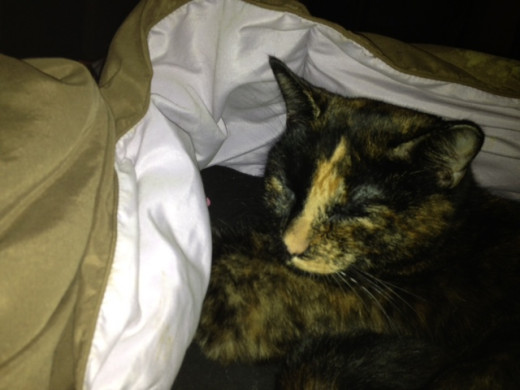
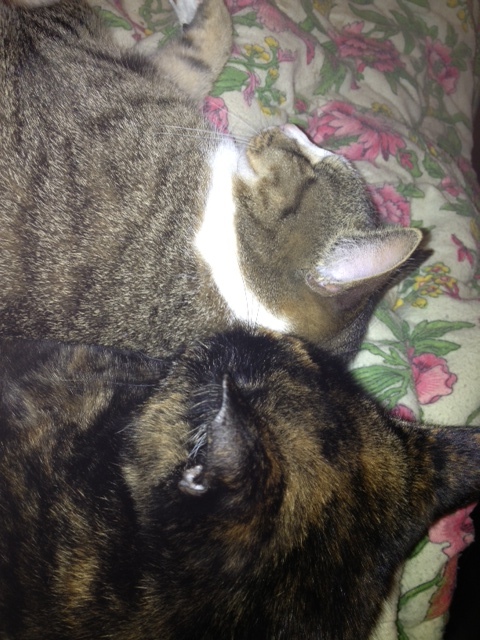
Choose a Heater Wisely
For me, I prefer to stay away from portable heaters. My puppies entertain themselves by chasing the cats and I am afraid they may knock over the heaters. Even though heaters have safety features that include stopping when tipped, when I weigh everything, I am not comfortable with the risks these heaters pose. I prefer cuddling with people and pets, sleeping with tons of blankets and wearing many layers of clothes. Cats have a wonderful ability to keep their humans warm. It is hard to be cold everyday, and heaters will give some relief. Although my family and I have gained a little weight, probably as a natural protection from being cold, and even though my treadmill and exercise equipment were ruined by the flood, I know we will drop the weight as soon as things are more normal. It is the least of the challenges, since Super Storm Sandy arrived, that I am dealing with. Everyday I am hopeful that I will get a boiler and hot water heater installed, and I look at my situation as temporary and short term.
If you are looking to choose a portable heater, educate yourself and make wise and safe decisions. I hope this article was helpful and I wish you warmth and comfort all year long.
